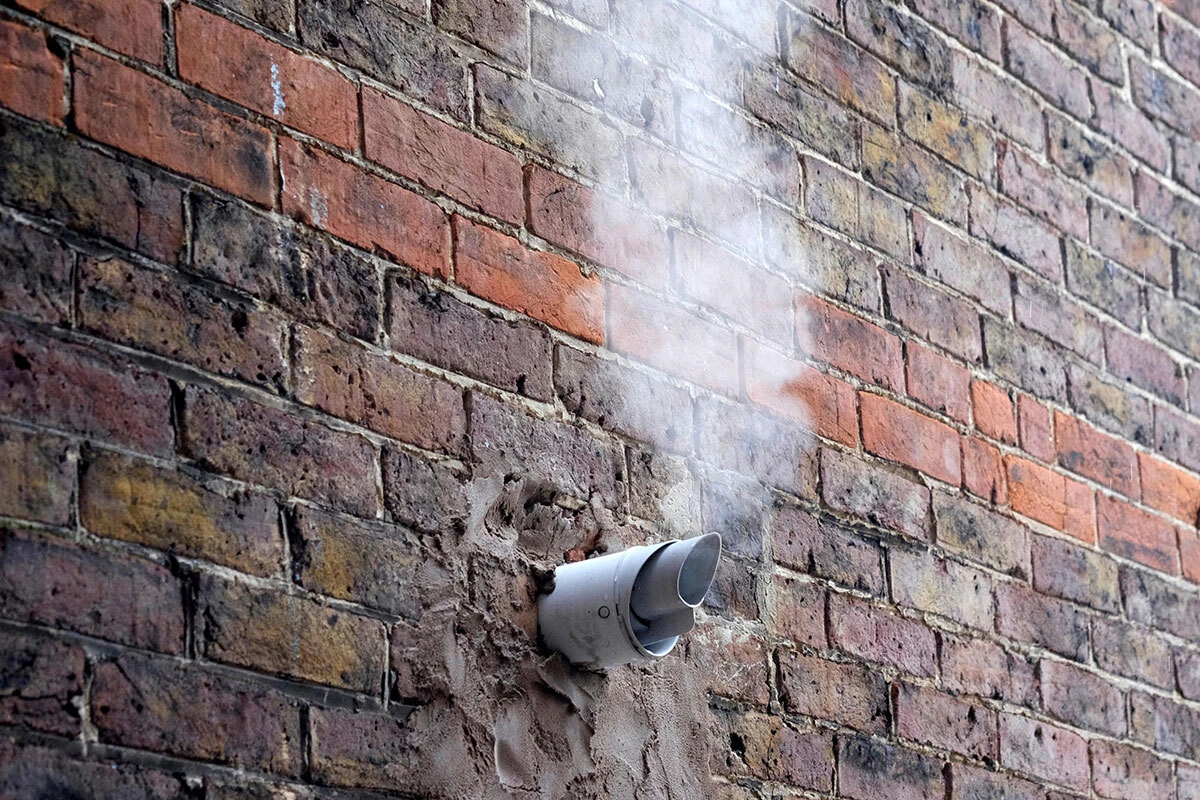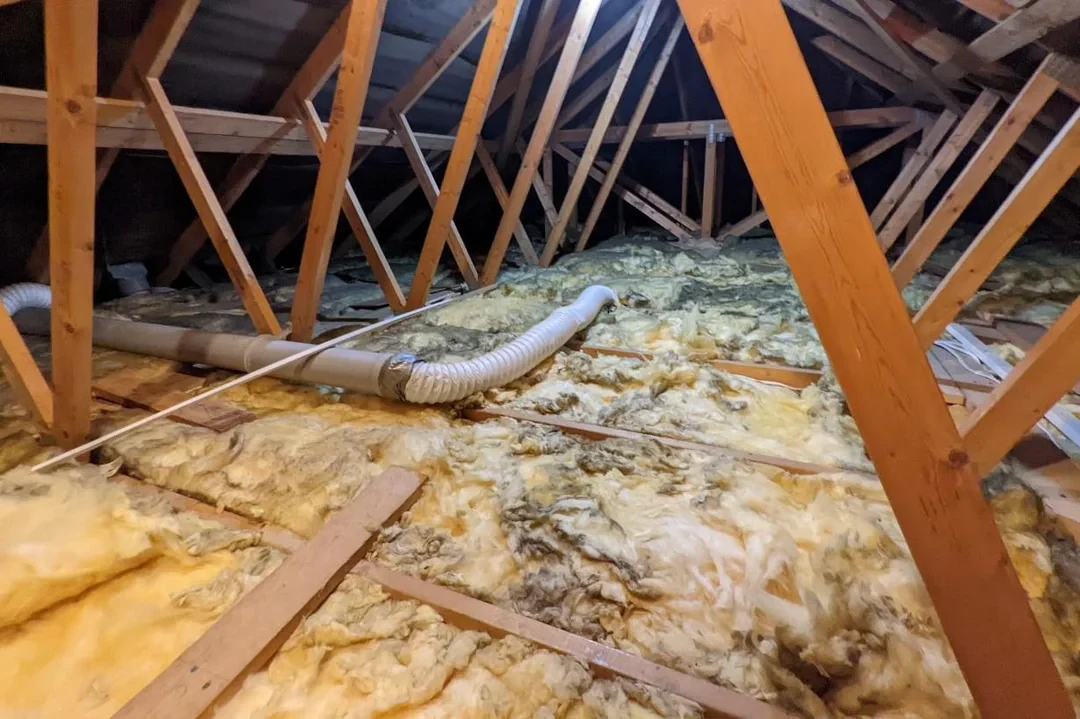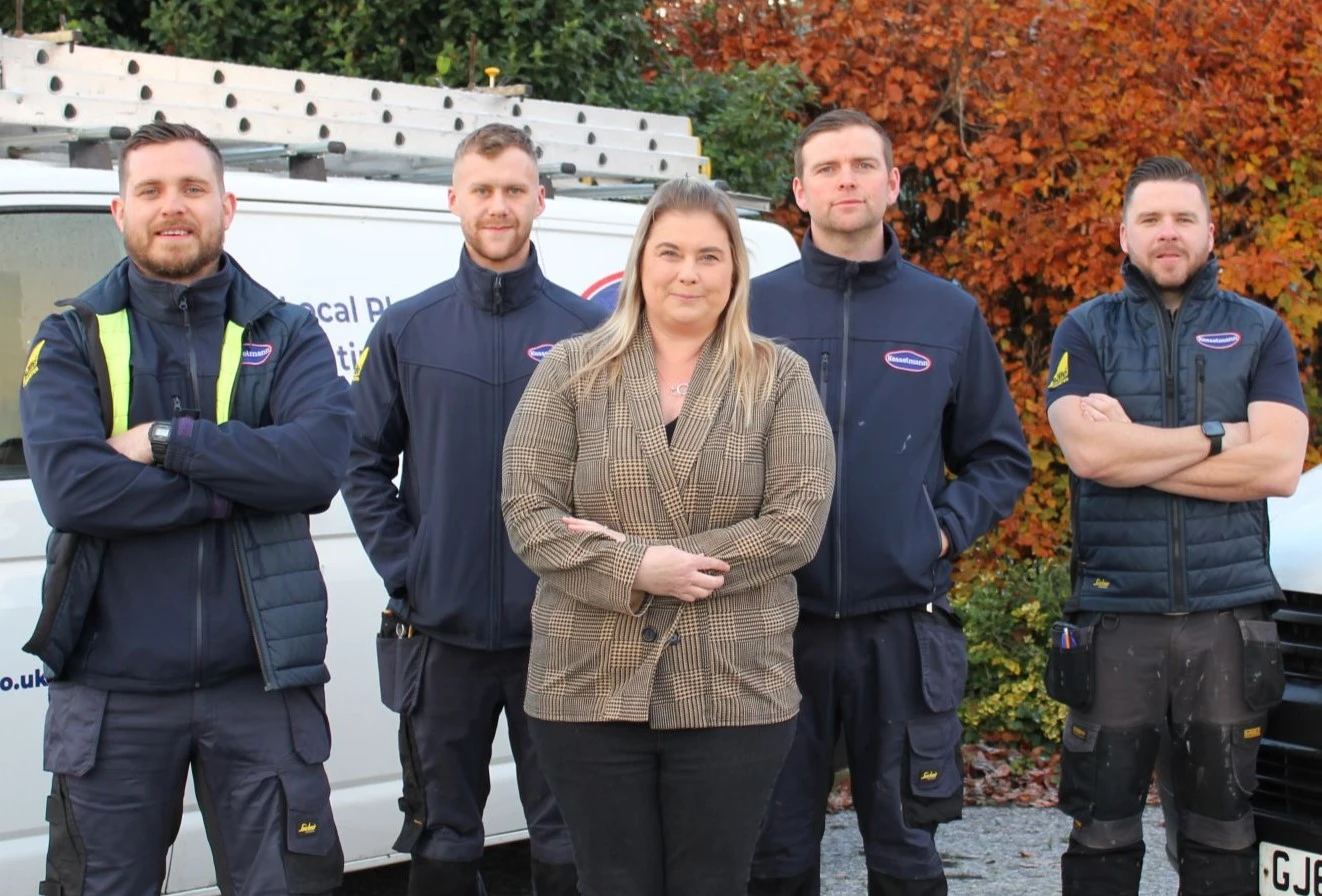01/01/2025
Choosing the right shower pump can significantly enhance your showering experience, especially if you struggle with low water pressure. But with various types of shower pumps available, it’s essential to understand which one is best suited for your system and needs. In this guide, we’ll explore the different types of shower pumps, what to consider when choosing one, and how to make the best decision for your home.
Understanding Shower Pumps
Shower pumps are devices that boost water pressure and flow to ensure a powerful and consistent shower. They are particularly useful in homes with gravity-fed systems, where the natural flow of water may not provide the desired pressure.
Before diving into specific types, it’s helpful to understand how shower pumps work. For a detailed explanation, read our article How a Shower Pump Works.
Types of Shower Pumps
There are three main types of shower pumps, each designed for specific setups and requirements:
Positive Head Shower Pumps
How They Work: Positive head pumps rely on gravity to create a natural flow of water from the tank to the pump. These pumps activate when there is a flow rate of approximately 2 litres per minute.
Best For: Homes where the shower or outlet is below the cold water storage tank.
Example Scenario: If your water tank is in the loft and your shower is on the ground floor, a positive head pump is ideal.
Negative Head Shower Pumps
How They Work: Negative head pumps are designed for situations where water flow is minimal or nonexistent, such as when the showerhead is at or above the level of the water tank. These pumps activate by detecting a drop in pressure.
Best For: Loft conversions or homes where the showerhead is on the same level or higher than the water tank.
Example Scenario: If your water tank is in the loft and your shower is on the same floor or higher, a negative head pump ensures sufficient pressure.
Universal Shower Pumps
How They Work: Universal pumps can operate in both positive and negative head conditions, making them versatile for various setups. They detect pressure drops and activate accordingly.
Best For: Homes with uncertain or mixed setups or those planning future plumbing changes.
Example Scenario: A universal pump is ideal for a household anticipating renovations or unsure about their system’s configuration.
Key Factors to Consider
When selecting a shower pump, it’s crucial to assess your home’s specific requirements. Here are the main factors to consider:
Type of Water System
Gravity-Fed Systems: These systems benefit most from shower pumps, as they often lack sufficient natural water pressure.
Combi Boilers: Shower pumps are not compatible with combi boiler systems, as these already provide water at mains pressure.
Unvented Systems: Similar to combi boilers, unvented systems usually do not require a pump.
Water Pressure
Measure the flow rate of your water system. If it’s below 2 litres per minute, you may need a negative head pump. For stronger natural flow, a positive head pump might suffice.
Noise Levels
Some pumps are quieter than others. If noise is a concern, look for pumps marketed as ‘low-noise’ or ‘quiet operation’.
Pump Size and Installation Space
Ensure there’s adequate space for the pump where it will be installed. Compact models are available for tighter spaces.
Number of Outlets
Consider whether you’ll be boosting water to multiple bathrooms or outlets. A twin impeller pump can supply hot and cold water to multiple fixtures simultaneously.
Water Quality
If you live in a hard water area, consider a pump with anti-limescale features to prevent buildup and extend the pump’s lifespan.
Choosing the Right Pump for Your Needs
Here are some common scenarios and the recommended pump types:
Low Pressure Across Multiple Bathrooms: A twin impeller pump (universal or positive head) is suitable for boosting hot and cold water to multiple showers and taps.
Shower on the Same Level as the Water Tank: A negative head or universal pump ensures consistent pressure.
Uncertain System Setup: Opt for a universal pump to cover both positive and negative head conditions.
Tight Installation Space: Look for compact models that fit within restricted spaces.
Installation Tips
While installing a shower pump can be a DIY project for those with plumbing experience, hiring a professional plumber is recommended to ensure optimal performance and compliance with regulations. Here are some tips:
Positioning: Install the pump as close to the hot water cylinder as possible, ensuring it’s on a solid, vibration-resistant base.
Pipework: Use the correct pipe sizes and materials as specified by the manufacturer.
Venting: Ensure proper ventilation to prevent overheating.
Electrical Safety: Always adhere to electrical safety standards and consult a qualified electrician if necessary.
Maintenance and Longevity
To keep your shower pump functioning optimally, follow these maintenance tips:
Regular Cleaning: Check and clean the pump filters to prevent blockages.
Inspect for Leaks: Regularly inspect the pump and surrounding pipework for any signs of leaks.
Service Schedule: Follow the manufacturer’s recommended service intervals.
Hard Water Solutions: If you live in a hard water area, consider using a water softener or descaler to reduce limescale buildup.
Final Thoughts
Choosing the right shower pump can make a significant difference to your showering experience. By understanding the types of pumps available and assessing your home’s plumbing system, you can select the pump that best suits your needs. Whether you need a positive head pump for a gravity-fed system or a versatile universal pump for a mixed setup, there’s an option for every home.
If you need professional advice or installation services, contact our team. We’re here to help you achieve the perfect shower setup.
Other related guides
How Does a Shower Pump Work?
Will My Shower Work Without Power?
What Flow Rate is Needed For a Good Shower?
What Shower Temperature Is Best?
What Shower Is Best For a Combi Boiler?
How Much Does a Plumber Cost to Install a Shower in the UK?













